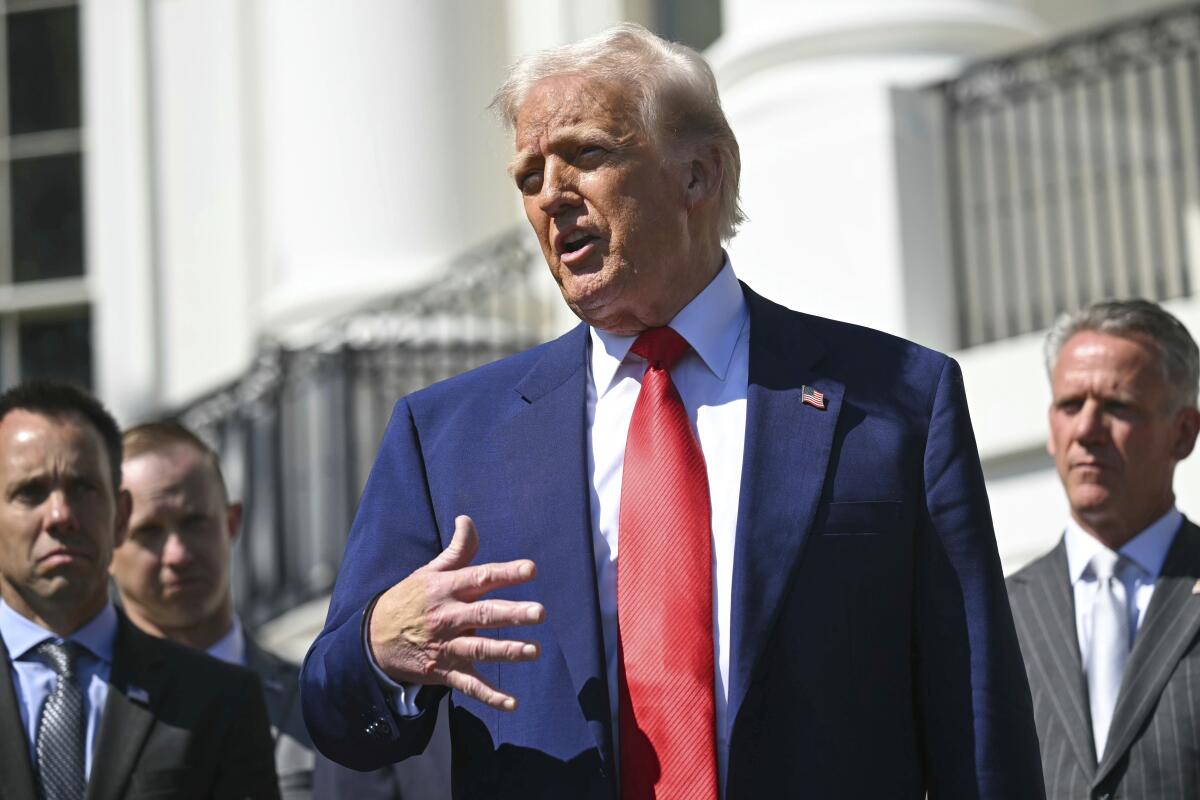Executive Summary
- Andrew Cuomo released a 36-page mental health plan for NYC, which includes expanding involuntary hospitalizations and boosting psychiatric beds.
- The plan closely resembles existing proposals from Mayor Eric Adams, leading to accusations of plagiarism and hypocrisy, given Cuomo's past cuts to mental health services.
- Critics, including City Comptroller Brad Lander and Republican mayoral candidate Curtis Sliwa, accuse Cuomo of trying to fix a crisis he helped create while governor.
Event Overview
Former New York Governor Andrew Cuomo has released a detailed plan to address what he calls New York City's "mental health crisis" as he considers a run for mayor. The plan includes proposals for expanding involuntary hospitalizations, increasing psychiatric beds, and improving access to preventative mental health services. However, the plan has been met with criticism, particularly for its striking similarities to existing initiatives championed by current Mayor Eric Adams. Critics also point to Cuomo's record as governor, during which he made significant cuts to mental health funding and psychiatric beds, exacerbating the crisis he now seeks to address.
Media Coverage Comparison
| Source | Key Angle / Focus | Unique Details Mentioned | Tone |
|---|---|---|---|
| The New York Times | Details of Cuomo's plan and its focus on removing people who are a danger to themselves and the public. | Cuomo's 36-page plan includes more than a dozen proposals and calls for adding more supportive housing units and psychiatric beds. | Neutral, informative |
| New York Post | The similarities between Cuomo's plan and Adams' agenda, and the criticism leveled against Cuomo for his past actions. | Cuomo's plan includes boosting supportive housing units from 500 to 1,600 per year and adding between 100 and 200 new inpatient psychiatric beds. Adams' administration called the plan 'imitation' and stated Cuomo reduced funding and the number of psychiatric beds while in office. | Critical, highlighting the political implications and controversies |
Key Details & Data Points
- What: Andrew Cuomo released a mental health plan for New York City that mirrors proposals from Mayor Eric Adams, focusing on involuntary hospitalizations, psychiatric beds, and supportive housing.
- Who: Andrew Cuomo, Eric Adams, City Comptroller Brad Lander, Republican mayoral candidate Curtis Sliwa, Jason Elan, Kayla Mamelak, Todd Shapiro.
- When: The plan was released on Tuesday. Cuomo resigned as governor in 2021.
- Where: New York City, New York State.
Key Statistics:
- Key statistic 1: $65 million (amount cut in rental assistance programs in 2011 by Cuomo)
- Key statistic 2: 28% (reduction in the number of psychiatric beds in state hospitals between 2011 to 2021 under Cuomo)
- Key statistic 3: 16,000 (increase in the shelter populations in the three years following Cuomo's 2011 cuts)
Analysis & Context
Cuomo's mental health plan is politically charged due to his potential mayoral candidacy and past record. The similarities to Adams' existing policies raise questions about the plan's originality and Cuomo's motives. Critics argue that Cuomo's past cuts to mental health services undermine the credibility of his proposed solutions. The plan could be seen as an attempt to capitalize on a pressing issue while diverting attention from his previous role in exacerbating the crisis.
Notable Quotes
"Imitation is the sincerest form of flattery. Especially when it comes to cleaning up situations created by the imitator."
"Andrew Cuomo releasing a plan to fix our mental health crisis is like an arsonist saying he’ll put out a fire."
"The mental health and homelessness crisis in New York City is a humanitarian emergency hiding in plain sight."
Conclusion
Andrew Cuomo's mental health plan has ignited a political firestorm, primarily due to its resemblance to Mayor Adams' existing initiatives and Cuomo's past record on mental health funding. The plan's impact remains uncertain, as it's overshadowed by questions surrounding Cuomo's motives and the feasibility of addressing a crisis he allegedly contributed to. The situation underscores the complex intersection of politics, policy, and public health in New York City.
Disclaimer: This article was generated by an AI system that synthesizes information from multiple news sources. While efforts are made to ensure accuracy and objectivity, reporting nuances, potential biases, or errors from original sources may be reflected. The information presented here is for informational purposes and should be verified with primary sources, especially for critical decisions.









